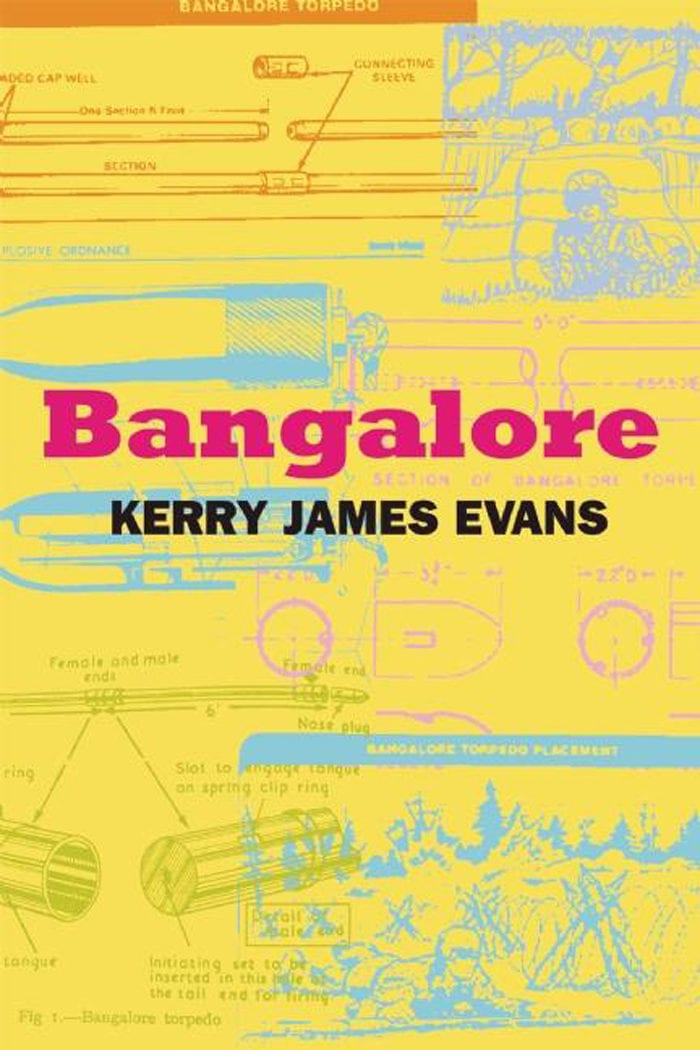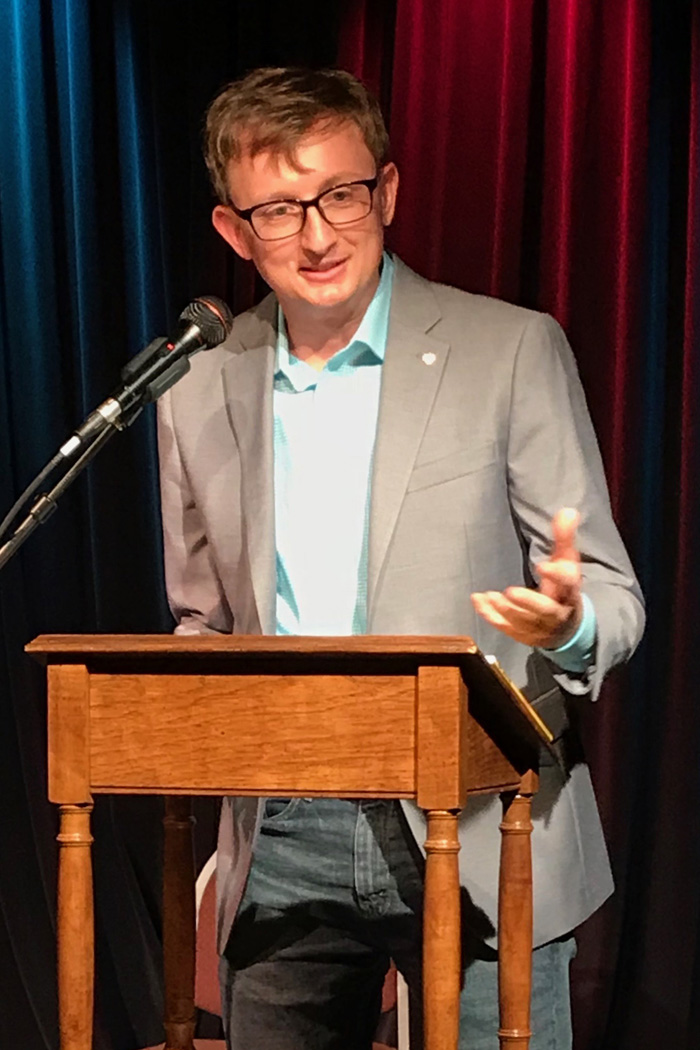Sisyphus
The winter I abandoned Guin, Alabama,
I left its projects—a conglomeration
of 1960s governmental housing
passed by Congress to maintain
the needy and ignorant. Barbed-wire
ended a potholed asphalt road,
and on the left: our apartment: mud
running up the side, staining the brick,
and in the yard, the rusted springs
of trampolines stretched limp
between the few needless patches
of switch grass, where my brother
and sister piled into a red wagon.
I’d pull them up the hill. No sooner
than we’d reach the top, I’d hop in
and steer the three of us down the road.
One day our hollering interested
an old couple sharing a cup of coffee
on their porch. Baby oil. You need
baby oil on them wheels. You’ll see.
Of course we needed baby oil.
We greased the wheels on that wagon
and flew like hell, until we had mangled
ourselves in that barbed-wire,
throwing a wheel into a snake bed.
Walking here, now, fifteen years
later, I think of Sisyphus
and what he might have said:
Get up and climb that hill,
before you lose track of your lives.
And he would have been a wise man
to say such a thing. That night,
my father drove down from Hamilton
to ask about our collision.
My soon-to-be stepfather spat tobacco
into a Mountain Dew bottle,
my mother standing in the doorway.
Halfway through the interrogation,
my father buckled. My father
spat in my mother’s eye.
I’d like to say the two men
courting my mother in their own ways
fought in the living room,
but these were southern men:
egalitarian—men of the backhoe
and the tiller, gardeners of a common
Alabama childhood. From the couch,
Glenn told my father: That is enough—
what I hear echoing off the asphalt.
My mother moves into the kitchen,
wiping spit from her eye. This is a family,
I tell the wagon rolling down the hill,
my brother and sister filtering
into their rooms, my stepfather
shutting the front door. I ask for violence.
Instead, these men cry, my arm
broken—the right arm of my father,
stitches in every room of the house,
and in the yard, the wagon’s shattered
wheel, my knowing that I have nothing
but this cast holding it together.
My father: nothing but his spit to offer
my mother. And today, I leave a house
crying at the bottom of Alabama,
and in the yard where I left my brother
and sister, the whites still hang
from the clothesline, and beneath the wire
from where we’d swing, a child
digs at a root with a spade. He stabs
the ground, then waves, pointing me
away from that home, and there I am,
drifting up the hill with my father.
I am pulling an empty red wagon.

